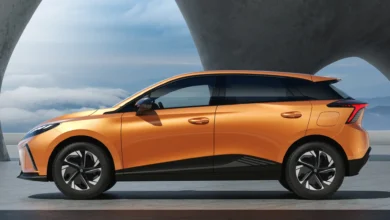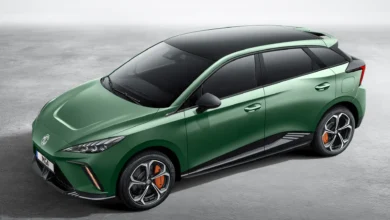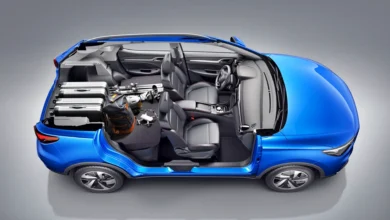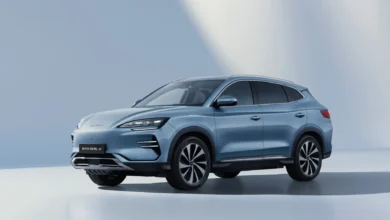
Last November, China’s electric car exports doubled to a record. This has been mainly because many western manufacturers have made the decision to produce their new vehicles in the Asian country, which are then imported into the European market.
Although some experts point out that this movement is due to the limited production capacity of the old continent (China currently controls a large part of the supply chain of the battery industry), it is possibly also motivated by low labor costs. The largest importers have been Belgium and the United Kingdom, which received almost 70% of shipments.
Last month, China’s electric vehicle exports were worth $3.2 billion, up 165% from last year. Companies like BMW or Renault are already assembling electric models in China to later sell them in Europe, while others like Volkswagen will begin to do so very soon.
On the other hand, we can’t forget about Tesla either, which exported 37,000 cars from Giga Shanghai last month. All in all, it is to be expected that the current dependence on this plant will gradually decrease since the output of Giga Berlin is increasing rapidly (it should reach 6,000 units per week in the short term).
Chinese brands begin their conquest of the European market
In parallel, the arrival in our market of a true wave of Chinese brands has also played a fundamental role in this upward trend. Although firms like BYD, NIO, or XPeng still play a minority role on the European scene, MG (belonging to the giant SAIC) is achieving unprecedented sales success.
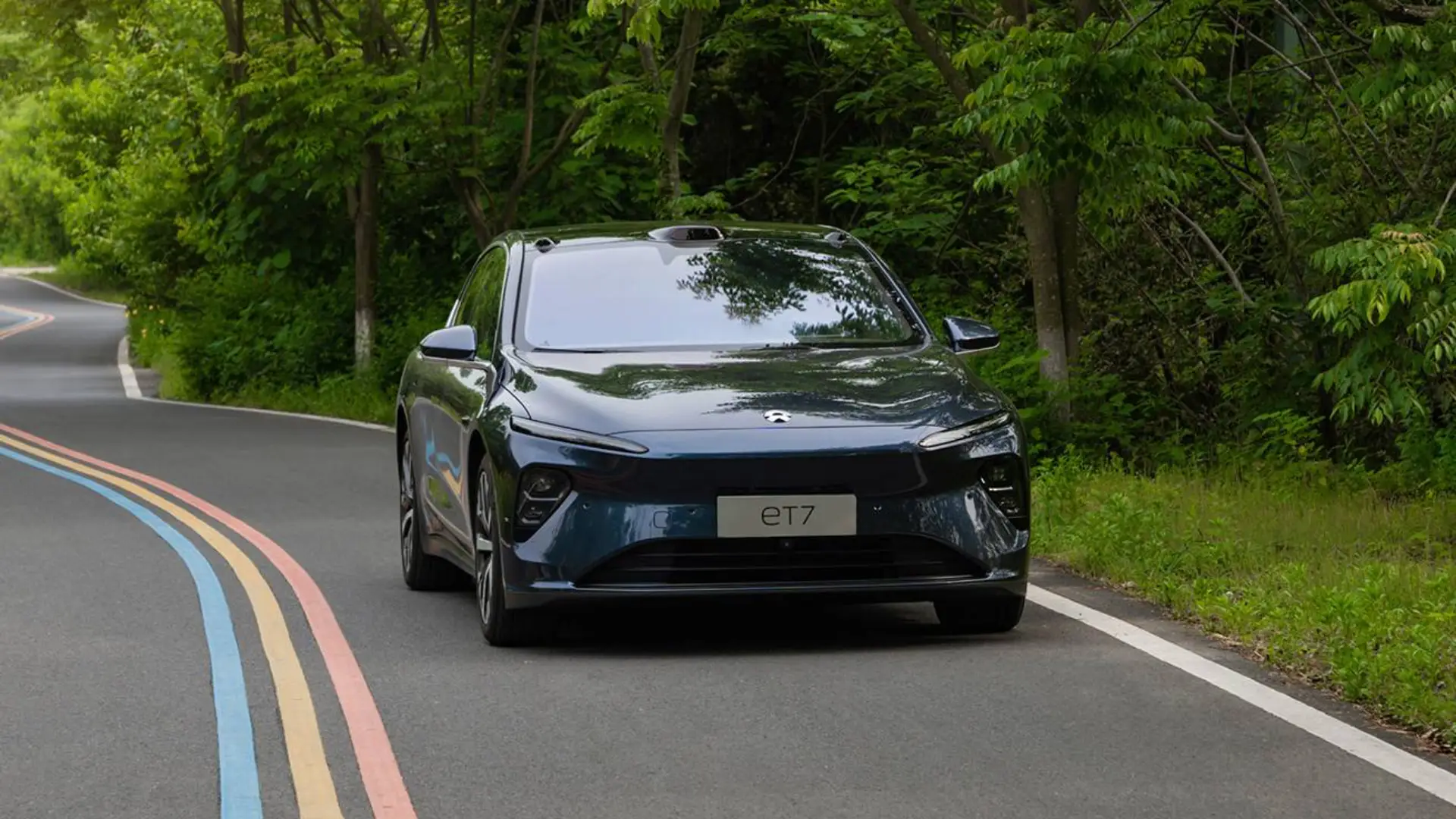
Although some Chinese companies plan to build factories on European soil (this is the case of BYD, Chery, Great Wall, and NIO, among others), in the short and medium term imports should continue to increase, something that has set off the alarm light in countries like France.
The French president, Emmanuel Macron, declared just a few weeks ago that Europe is too open to foreign industry. The president defended the need to protect indigenous groups since the increasing competitiveness of China could put many jobs at risk.

